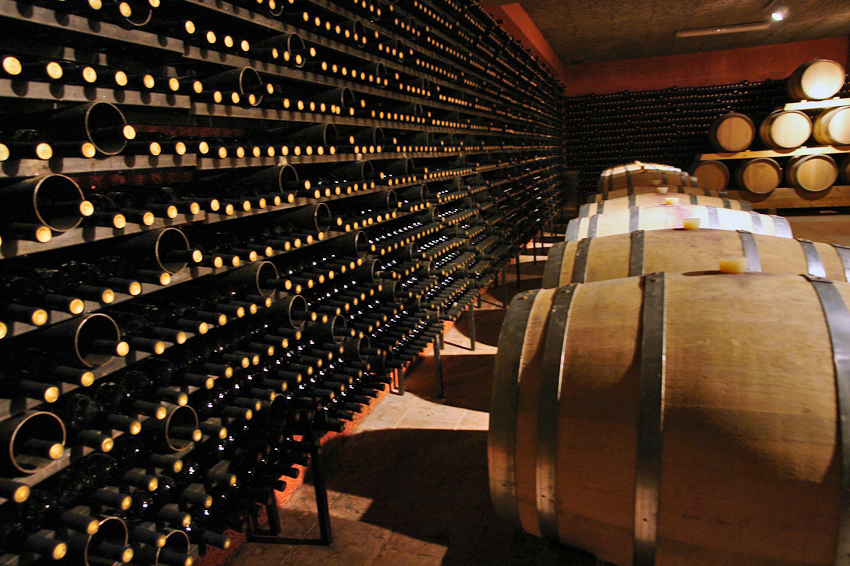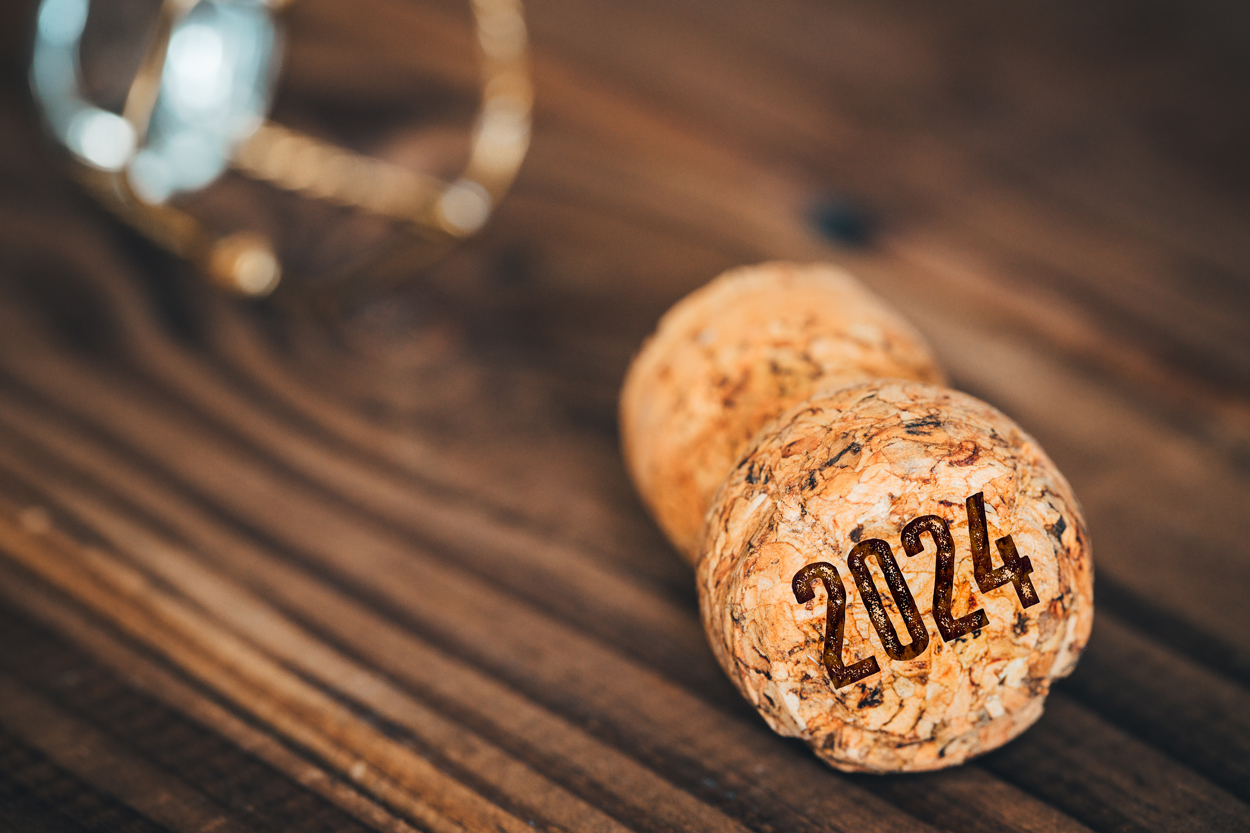I started my own cellar when I was 26; it was a working cellar. I was prepared to invest for at least ten years before I would realise / sell some of my first purchases. My first year was the 1996 vintage, which was an 8.5 out of 10. In some years I have bought more wines, in others I have curtailed my investment. For instance, 1997 wasn’t that attractive when it was released, being more expensive in many cases than the previous good vintage (1996).
However, in 2001 all the negotiants discounted back vintages, especially the 1997 vintage using some of their profit gained from the 2000 vintage release to improve their cash flow and move stock. Many of the wines I have sold over the years were bought for my enjoyment, however, circumstances and price rises have meant I am sometimes unable to justify drinking them, so they have been sold. I always try a re-invest a proportion of the gains. It’s not all about En Primeur releases, it’s about reading the market and being agile when the opportunities arise. This also translates into selling. A wine is always more likely to be worth more at its peak of drinking, and there’s always someone looking to pick up good wine that’s ready to drink. Not everyone has the patience to wait!
1. Make a Plan
Plan ahead and work out what type of cellar you want? Is it a working cellar, which is a combination of Investment and Drinking, where you put your gains into the drinking side, or is it purely for Investment or Drinking.
2. Supply and Demand
The fine wine market is all about supply and demand. You need to think about wine like a commodity, like gold or fine art it’s about simple economics. The wine market is less volatile than stocks and shares, however they do go up and down, just like shares.
3. No Capital Gains Tax
Over the last 20 years the fine wine market has outperformed many investments including the FTSE 100 and gold. If you buy wine as a personal cellar investment, any gains you make are free of Capital Gains Tax - unlike the stock market or other investment vehicles.
4. Sign up, get involved
Do your homework: your merchant should look after you. However, it doesn’t hurt to understand the critic scores, read the vintage reports, and get a little involved. Subscribe to merchants and critics fine wine reports - follow wines that have a proven track record and history of investment yield. Best to avoid garage wines / new fads; they rarely work.
5. Be a savvy investor
Avoid any merchants declaring quick wins, as well as wine investment funds - the first are not to be trusted, and the second will charge handling and management fees that will eat into any profit. There are scams as well as badly run wine businesses, so be careful.
6. Build relationships
Get to know your merchant. Go and see them. Taste Fine Wines if you have a working cellar, get to know what you like, and what you don’t! Also be aware people’s palates change over the years so a mix of different wines, countries, and styles will give you a good selection for you to enjoy in years to come. Understand how much you would like to drink a year. Hopefully you should be buying at £30 and drinking/selling it at £60+ after 10 years.
7. Support your merchant
The really good investment wines are often the most difficult to get hold of due to huge demand. Your wine merchant can often sell them 5 x over, so build a relationship with them. Try and support them by buying your everyday and party wines from them and they are more likely to support you in return.
8. Insurance is key
Find out where your wine is stored and most importantly how it’s insured. It needs to be insured at replacement / market value not at purchase price. Also make sure that it’s held under your name and the case reference (rotation number) is unique to you. So many bonded warehouses do not do this unless you request it, as it’s both costly and labour intensive.
9. Premium wine storage
Store investment and working cellars In Bond, do not get them out Duty Paid. You will not get the duty or VAT back when selling. Provenance is key; with numerous fake wines scams out there it’s more important than ever to know where it has been stored. Today the Châteaux know where their wine is being sold. When selling your wine, you need to prove where it’s been stored, so use a reputable bonded warehouse through your merchant. Please note merchants should not charge to accept your wine into their bond if you have bought the wines through them.
10. Market trends
Don’t just look at still wines: in recent years Vintage Champagne has done well; this market is currently buoyant. And despite what some may say, Port is not an investment wine. There are always exceptions, however, it’s a decreasing market and the Port houses are now declaring most years, which was once only twice a decade, so there is more volume in the market with declining demand in the UK.
Finally, enjoy it! Wine gives so much pleasure, sharing with family and friends, and telling the story is most enjoyable. Invest in yourself and drink it… you’re worth it!






